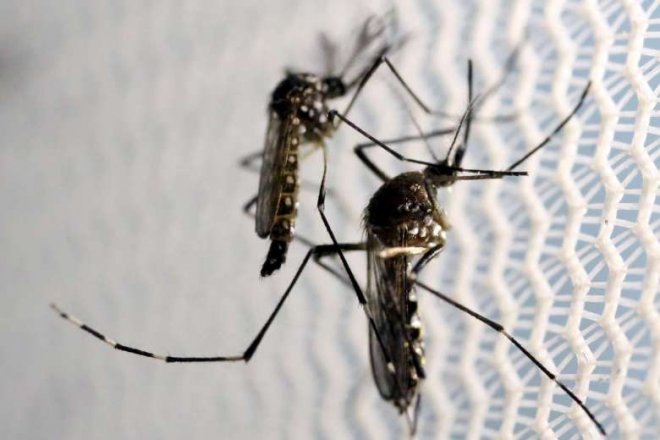
After a month of steady increase, the number of dengue cases continued to drop in Singapore, with 125 new cases reported in the week ending October 8, said the National Environment Agency (NEA) on Tuesday.
On 27 September, NEA confirmed that nearly 12,000 dengue cases have been reported this year so far.
About 176 dengue cases were reported in the week ending September 24 whereas 174 cases were reported in the previous week. Also, 25 new virus cases were reported between September 25 and 3pm on September 26.
The authorities said at present there are 20 dengue clusters in Singapore including six clusters which have been classified as high-risk. In the last record, the agency said that there were 35 dengue clusters in Singapore including seven high-risk clusters.
Seven people have died of the mosquito-borne disease so far, including a 79-year-old man, a resident of Eastwood Drive near Upper East Coast Road, being the recent fatality.
The Ministry of Health (MOH) and NEA warned that the number of dengue cases in Singapore may exceed 30,000 this year, higher than the record of 22,170 reported in 2013.
Also on 4 October, the world's first vaccine for dengue was approved for use in Singapore after being reviewed for its risks and benefits for seven months. Studies have revealed that the vaccine, known as Dengvaxia, can effectively reduce dengue by 60 percent and severe dengue by 84 percent. However, according to HSA, the antidote is more effective for patients who have previously contracted dengue.
Singapore is currently reeling under dengue and Zika threats.
Meanwhile, the World Health Organization (WHO) warned that Zika infections are "highly likely" to keep spreading in Asia, with hundreds of cases reported in Singapore, Thailand and Malaysia. Moreover, two Zika-linked microcephaly cases have already been confirmed in Thailand, reported BBC.
The zika virus can cause birth defects and can also result in microcephaly in which the baby's head is smaller than expected. There is no vaccine for Zika at present.
According to the World Health Organisation, people who are infected with Zika can have symptoms including mild fever, skin rash, conjunctivitis, muscle and joint pain, malaise or headache. The symptoms of Zika normally last for two to seven days.
NEA believes that the vector control operations play the key solution in reducing the spread of both Zika and Dengue. The officials urge people to be careful use repellents and other necessary protection to avoid get bitten by mosquitoes.









